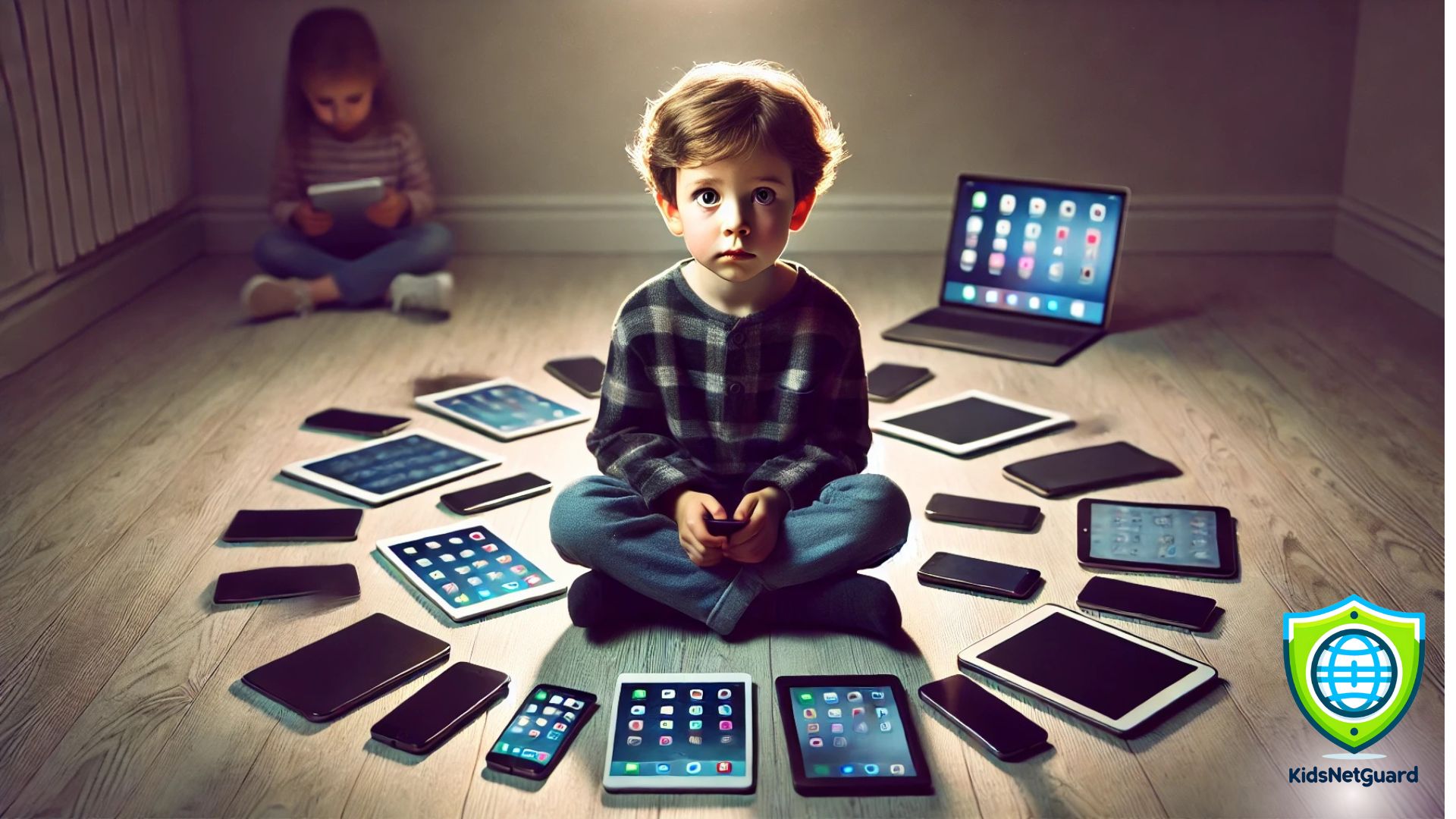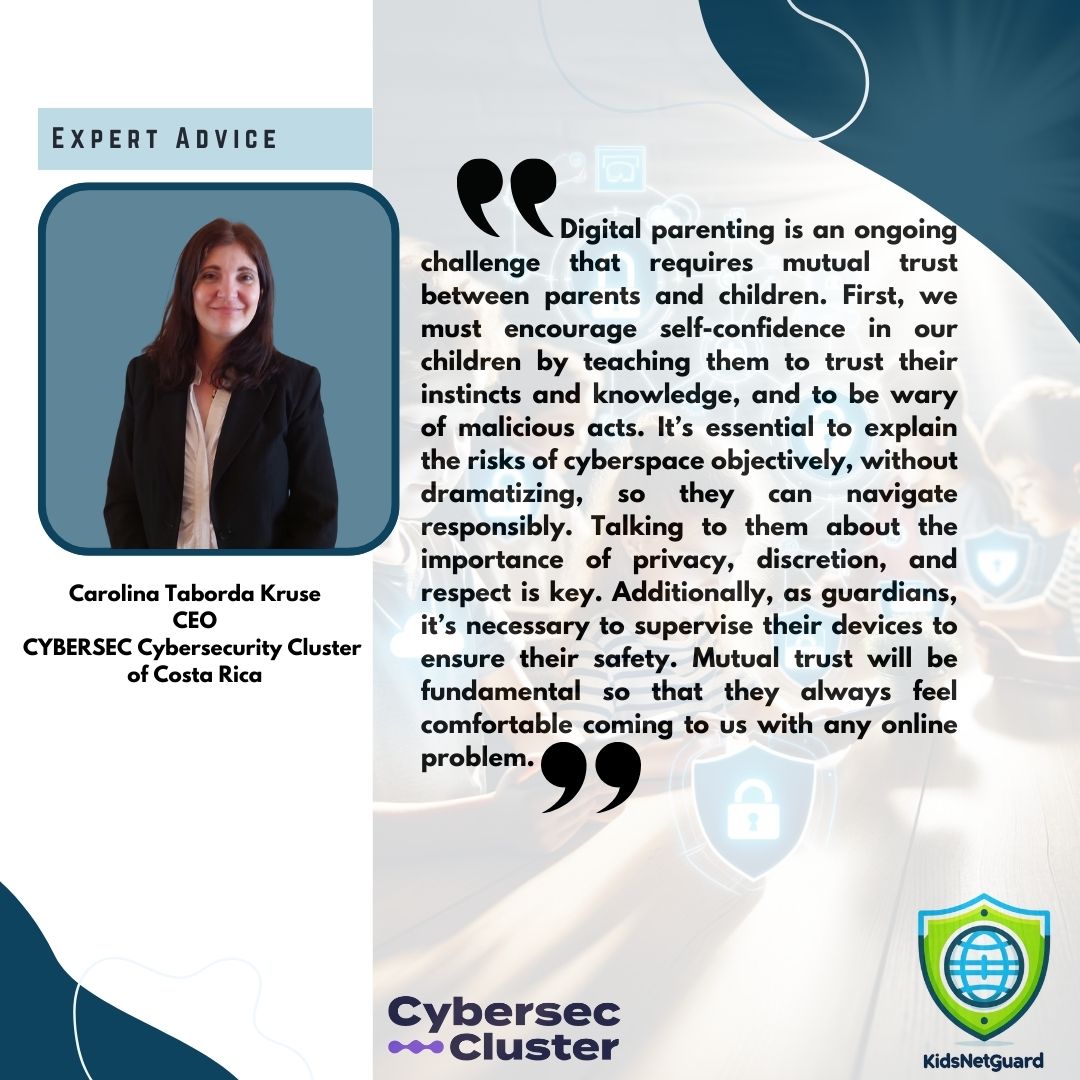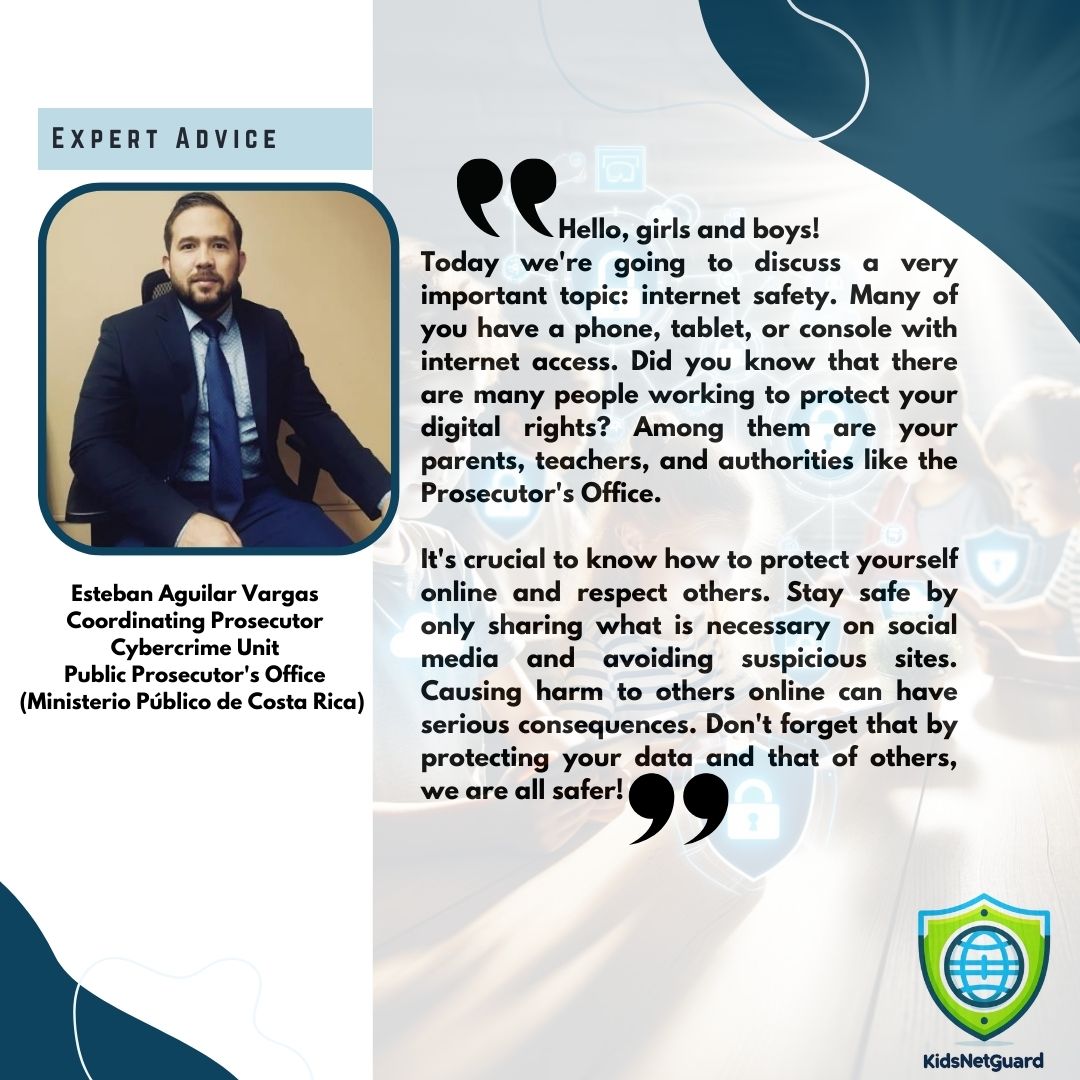The dependence and excessive use of mobile devices in children: A challenge for healthy development
In the digital age, children are gaining access to mobile devices at increasingly younger ages. While these devices offer countless educational and recreational benefits, their excessive use and the dependence they create can have significant negative consequences on the physical and mental development of children. This article explores the risks associated with constant mobile device use and offers recommendations to mitigate these effects.
Firstly, improper posture during device use often leads to musculoskeletal disorders. Children may experience neck, back, and shoulder pain due to incorrect positioning. Additionally, the repetitive movements required to interact with touchscreens can cause strain in their fingers and wrists.
Another significant issue related to prolonged mobile device use is the impact on vision. Constant exposure to screens can lead to eye strain, dryness, and an increase in the progression of myopia.
Moreover, the sedentary lifestyle resulting from excessive time spent on mobile devices contributes to the rise of childhood obesity and negatively affects motor development, which is crucial during the early stages of growth.
The negative impact of excessive mobile device use is not limited to physical development; it also leaves a deep mark on the mental and emotional well-being of children. This constant use of digital technology can disrupt key aspects of their daily lives and overall development.
One of the first effects observed is difficulty in maintaining attention and concentration. Overexposure to digital stimuli, such as games and applications, reduces children’s ability to focus on tasks that require sustained effort, making it difficult for them to perform well in school and other activities that demand concentration.
Additionally, using mobile devices before bed significantly interferes with sleep cycles. The blue light emitted by screens suppresses the production of melatonin, the hormone responsible for regulating sleep, leading to insomnia and poor sleep quality. As a result, children not only sleep less but also wake up feeling less rested.
The psychological dependence that many children develop toward their devices is another concerning aspect. The interactive and stimulating nature of apps and games can lead to addiction, manifesting as anxiety, irritability, and mood swings when access to their devices is restricted. This dependence can become a barrier to enjoying other important activities essential for their development.
Another worrying aspect is that excessive interaction with mobile devices reduces the time children spend socializing in person. This digital isolation affects their ability to develop essential interpersonal and emotional skills, limiting their social growth and ability to effectively relate to others.
To ensure healthy development in children—physically, mentally, and emotionally—it is crucial to implement strategies that help mitigate the excessive use of mobile devices. However, for these strategies to be effective, it is necessary to first recognize the challenges that current culture and lifestyle impose on this task.
One of the main challenges is that many adults, often unknowingly, do not model healthy technology use. By spending long hours absorbed in their mobile devices, whether for work or entertainment, they reinforce the idea that being constantly connected is the norm. This behavior, combined with the work dynamics that limit interaction between parents and children, contributes to mobile devices becoming a substitute for parental attention.
To counteract this challenge, it is essential that adults take an active and conscious role in modeling healthy behaviors. By demonstrating balanced use of technology and prioritizing face-to-face interactions, parents and educators can teach children the value of disconnecting and enjoying device-free time. Creating tech-free zones within the home, such as the dining room and bedrooms, also helps to foster conversation and ensure adequate rest.
Additionally, children are exposed to constant social pressure and digital content designed to keep them hooked, making it even more difficult to control screen time. This pressure, combined with a culture that values immediacy and instant gratification, challenges parents and educators to instill healthier and more balanced habits.
Therefore, it is essential that adults adopt a proactive and conscious approach. Establishing clear limits on device usage is a critical first step. Setting specific schedules and ensuring they do not interfere with essential activities like exercise, study, and rest is key to maintaining a healthy balance. Moreover, promoting physical and social activities that encourage children to participate in sports, outdoor games, and other direct social interactions is equally important to keep them away from screens and support their overall development.
Finally, digital education is crucial. Teaching children to use technology responsibly, recognize signs of excessive use, and take regular breaks provides them with the tools they need to manage their interaction with devices in a healthy way. These actions not only mitigate the negative effects of excessive mobile device use but also counter the cultural and social challenges that make it difficult to adopt more balanced habits.
The use of mobile devices is an unavoidable reality in the growth of children in the digital age. However, the key lies in how we manage this relationship with technology to protect and nurture their healthy development. By setting clear boundaries and fostering a balance between screen time and physical and social activities, we not only guide children towards more conscious and responsible use of technology but also equip them with the tools to thrive in all aspects of their lives. It is our responsibility, as parents, educators, and society, to create an environment where technology enriches their lives without compromising their physical and emotional well-being.








